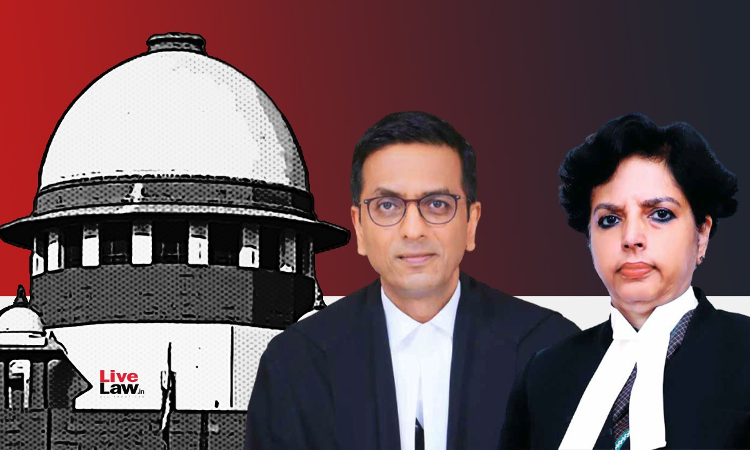Writ Of Quo Warranto Can Be Issued Where An Appointment Has Not Been Made In Accordance With Law : Supreme Court
Ashok KM
11 Oct 2022 4:53 PM IST

Next Story
11 Oct 2022 4:53 PM IST
The Supreme Court observed that a writ of quo warranto can be issued where an appointment has not been made in accordance with the law.The bench of Justices DY Chandrachud and Hima Kohli observed thus while dismissing the appeals filed by the State of West Bengal and Sonali Chakravarti Banerjee challenging the order of the Calcutta High Court which had set aside the decision of the State...
